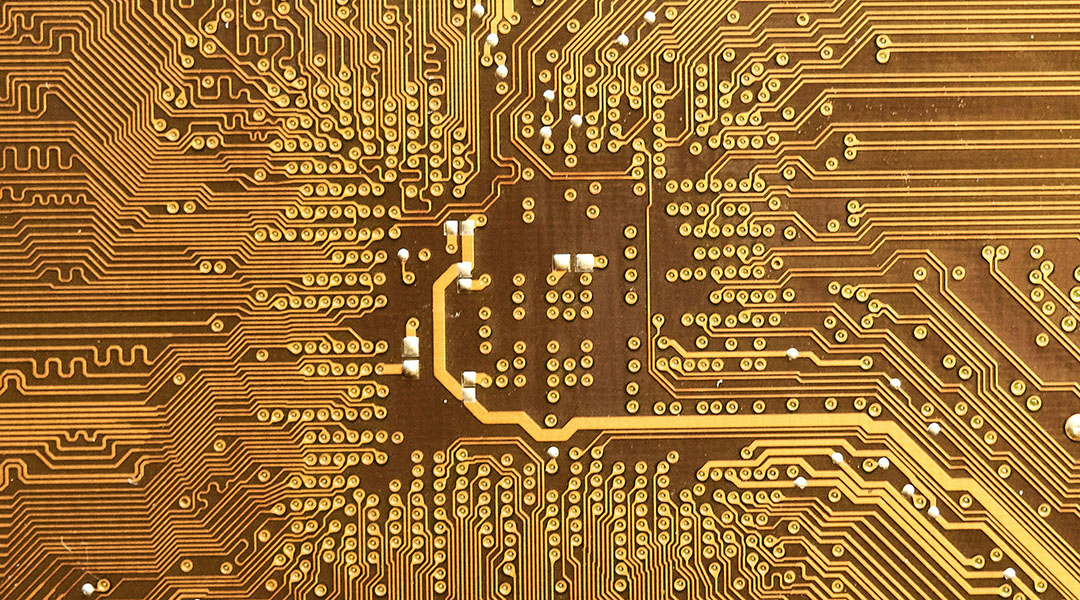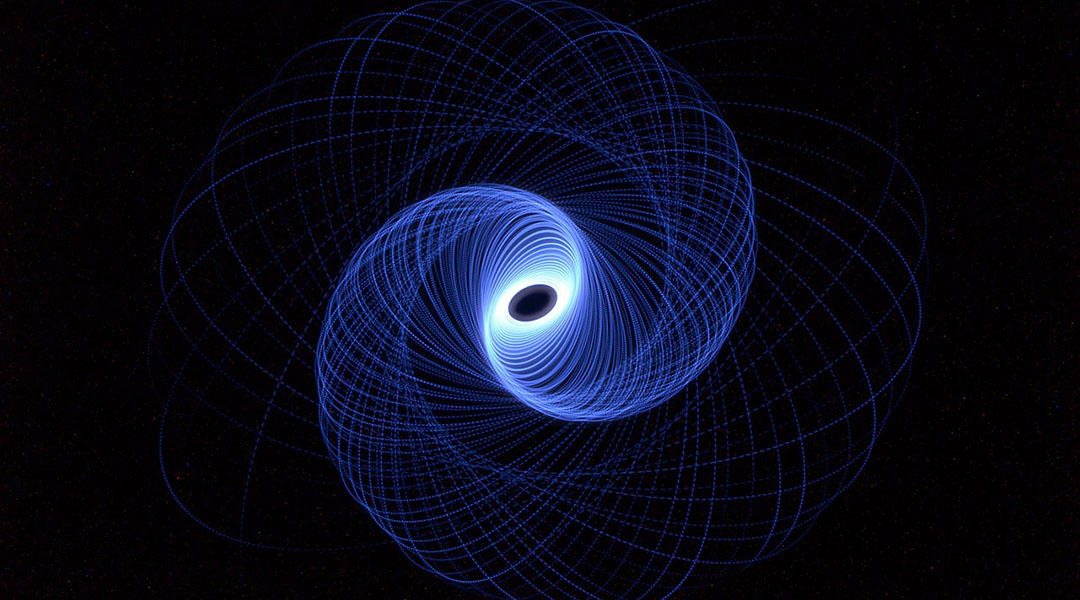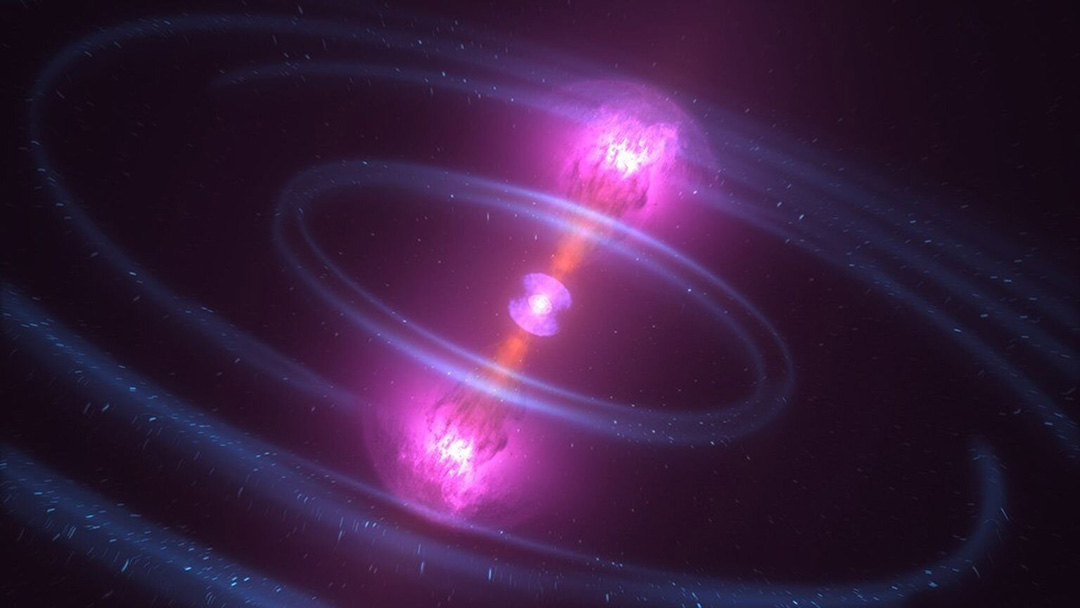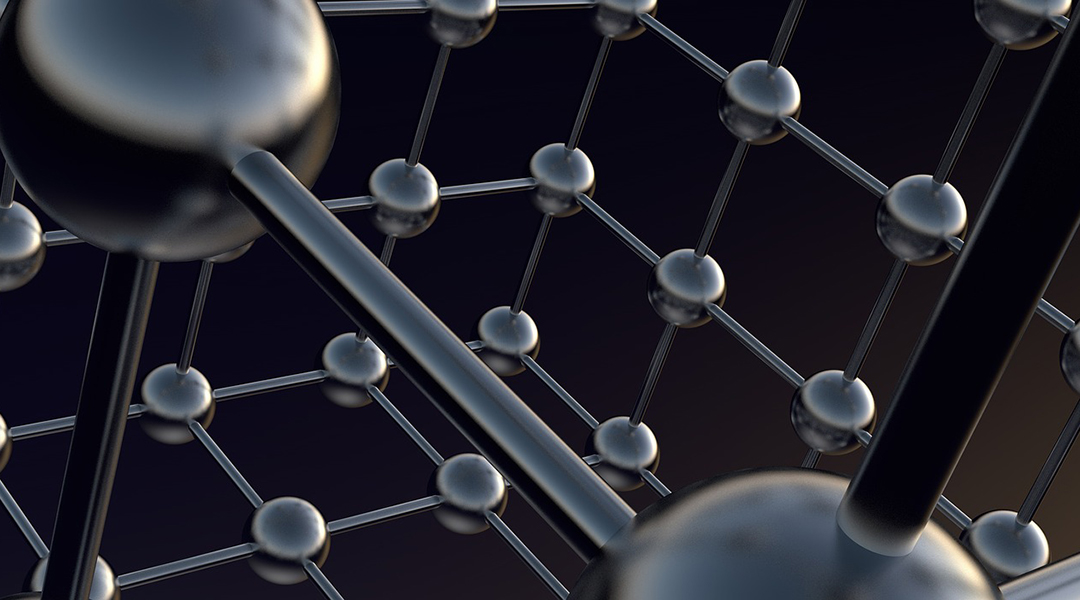Introduction THEORY Diffusion as a Random Walk Diffusion and Non-Equilibrium Thermodynamics Diffusion Mechanisms Single-File Diffusion Sorption Kinetics MOLECULAR MODELLING Constructing Molecular Models and Sampling Equilibrium Probability Distributions...

Working close to robots could be safer with cutting-edge Kirigami e-skin
The sensitive e-skin robotic coating applies ultrasonics and AI while taking its inspiration from the Japanese art of Kirigami.

Ultra-dense electron beams set the stage for breakthroughs in physics and technology
SLAC scientists created ultra-dense electron beams with five times the peak current, using infrared lasers to unlock new frontiers in physics and materials research.

Water may have formed shortly after the Big Bang
Computer simulations show that water likely appeared in the Universe much earlier than previously thought.

A new method to track skyrmions, tiny magnetic whirls formed by atomic magnetism
Harnessing skyrmions’ random motion and low energy requirements, this discovery could lead to more efficient and powerful computing technologies.

The secrets of a “rejuvenated” star revealed through its chemical fingerprint
Discover how the rare star HD 65907, a field blue straggler, formed from the merger of two stars.

Fused comb jellies share their secrets of regeneration
Two individual comb jellies can fuse into a single organism, providing an incredible feat of regeneration rarely seen in the animal world.

Anti-aging for lasers: Gallium nitride lasers get a longevity boost
Scientists have uncovered the cause of rapid degradation in powerful gallium nitride lasers and develop a solution to extend their lifespan.

Engineered blood cells could eliminate blood type matching to solve donor shortage
Taking inspiration from plankton, researchers create engineered blood cells that are an important step toward a universal blood supply.

Scientists hope a new take on superconductivity could spark more advances in the field
Understanding this unique form of superconductivity is crucial and could lead to exciting applications, like functional quantum computers.










